"Your Silence Gets You Nothing"
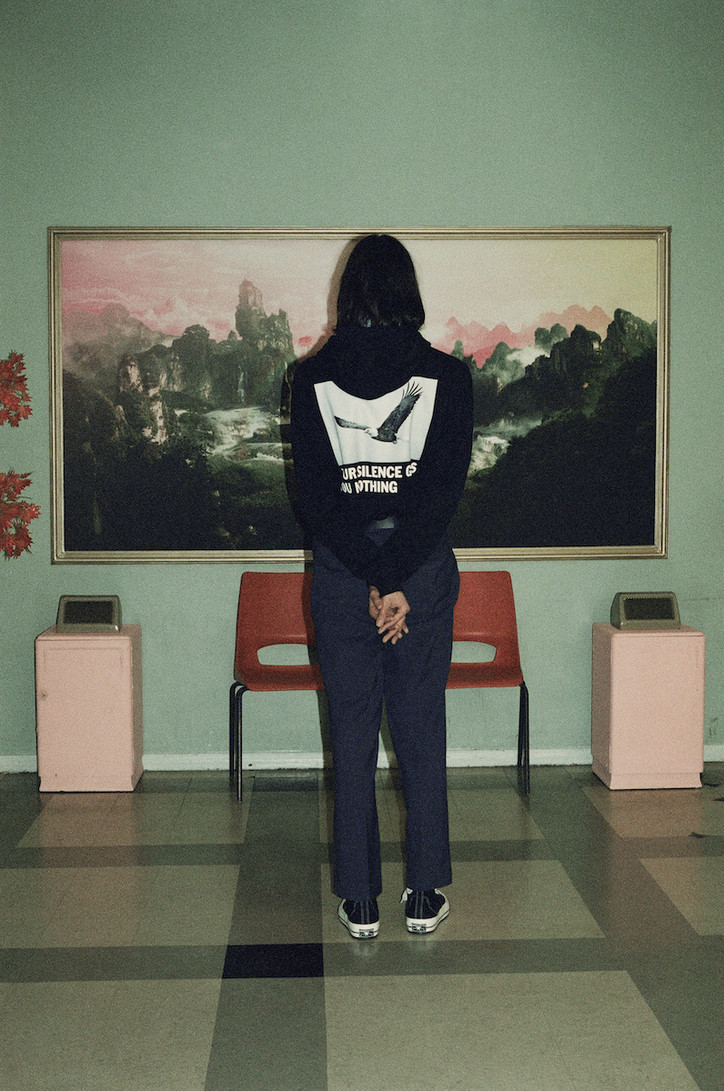
Check out the campaign below, and the shop the collection December 5th.
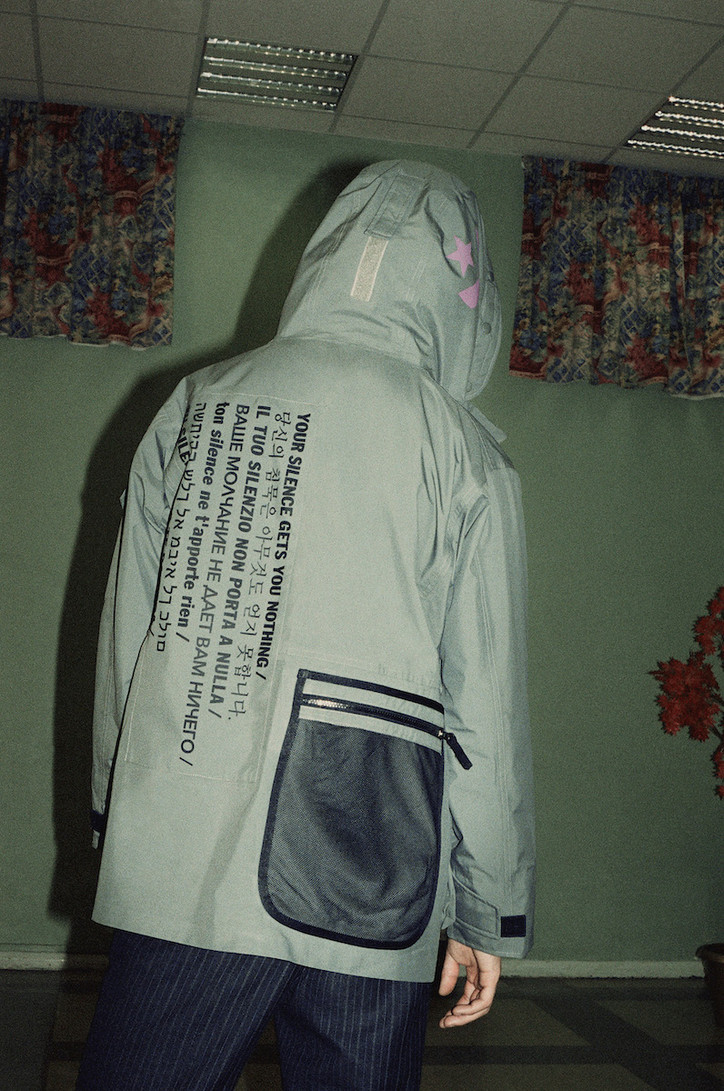
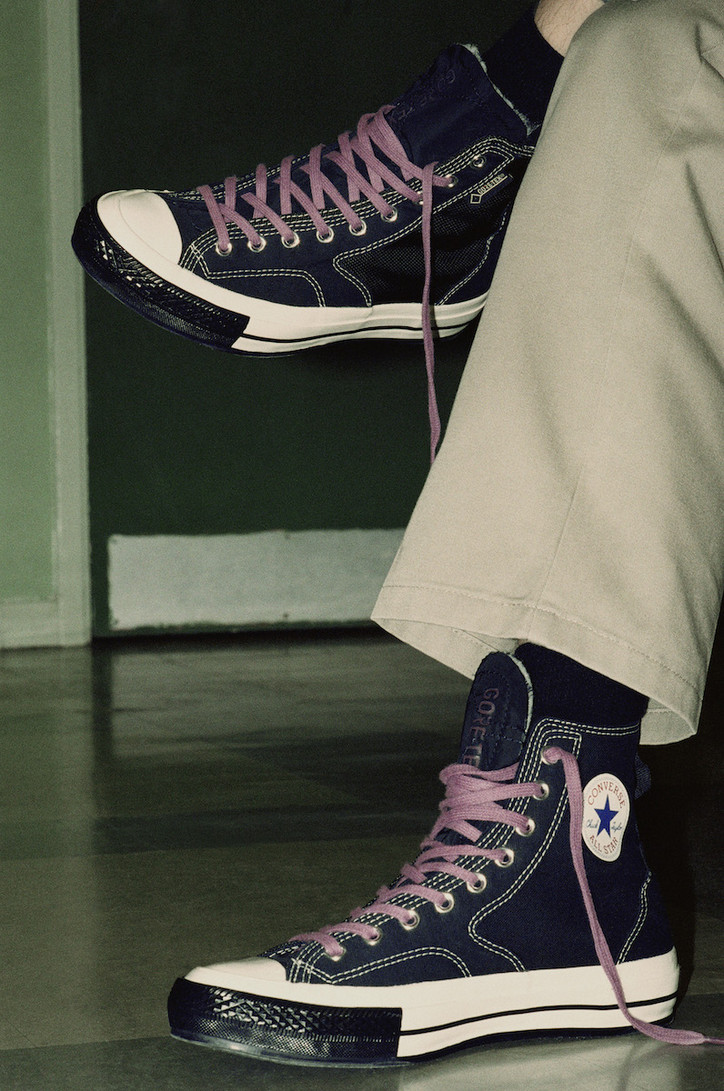
Stay informed on our latest news!

Check out the campaign below, and the shop the collection December 5th.


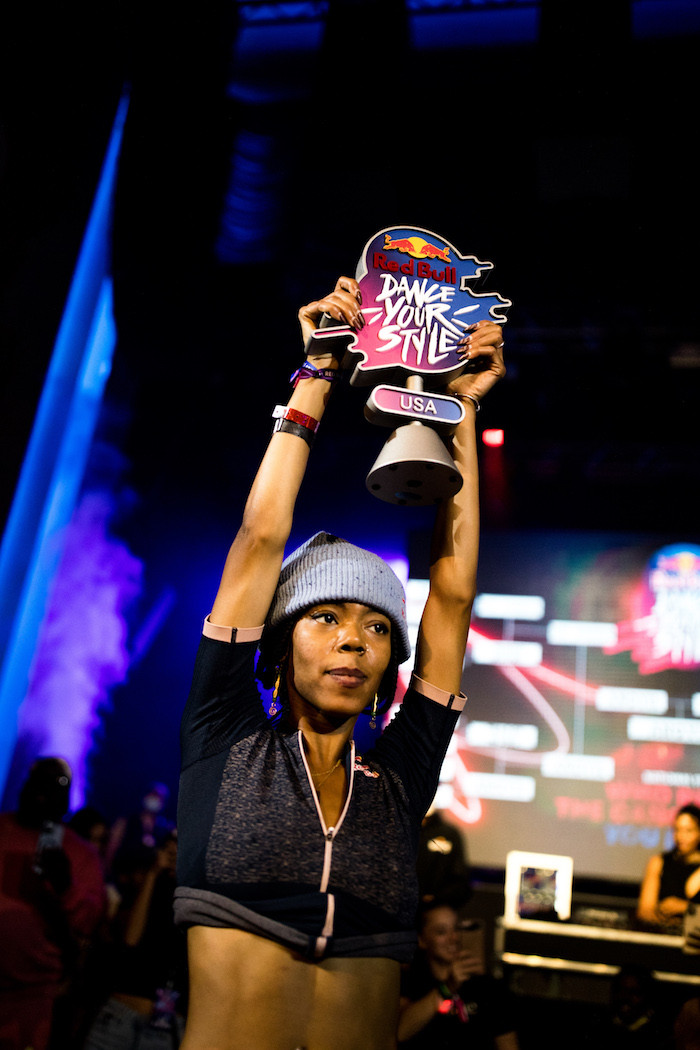
That night in DC, that is exactly what Angyil did. Her connection to both the music and the eager onlookers earned her the national winning title, and office had the opportunity to sit down with Angyil post-competition to discuss her experiences with dance and how it has impacted her life.
How did it feel to win the finals this past weekend?
It was interesting, simply because I had to qualify first, so I had to battle my way up about 15 rounds. So it was a lot, but at the same time, it felt so good to be around so many dancers I hadn't seen in so long because of the pandemic and everything that was going on. It made me feel extremely grateful; there were a lot of emotions going on. Though I felt tired — for a lot of reasons — I couldn't allow that energy to hold me back.
How did your journey with dancing begin and in what styles did you begin dancing?
So I'd always been dancing — as far as moving when music was turned on — but I went to a performing arts school in Kansas City. I started out with ballet, jazz, and modern, as far as training. I moved to New York as a teenager and I just started dancing even more there [at Alvin Ailey]. But my intentions were to only focus on ballet, jazz, and modern. But then I came across some people — who now are my friends and my family — but they were dancing on the subway and just moving freely. There was no care in the world, which was a lot different from what I was used to at the studio. You have your leotard, there's a uniform, your hair has to be slicked back. There were so many things that I was seeing that were the exact opposite of what I had been used to. So I feel like that contrast impacted me, especially because it already resonated with my soul, as far as the music and as far as the emotions and feelings. I was like, 'What am I doing? I need to fully express myself.' And that's when I made that transition.
Do you think dance has the ability to be a form of personal healing?
Absolutely. I always say dance is like therapy — not to negate therapy because I think that therapy is extremely important, though not everybody can afford that, at the same time. I definitely feel like dance helps as far as therapy. Like maybe I can't afford to go see a therapist, but I need to just kind of release what I have inside of me. These thoughts, these movements that are kind of lying stagnant inside of me — I need to be able to physically express myself and get those things out, you know? So I definitely feel like it's healing, but the beautiful thing that I love about dance is that no matter what career field you're in, everybody loves to watch dance. Even if they feel like they can dance or not, whatever the case is, everybody likes to move because there's healing in movement. Even for the dancers. It's not just for you; it's also healing for the people that are watching you. So it's so beautiful to even [be able to] share those things. And I’m realizing more and more how important that is.
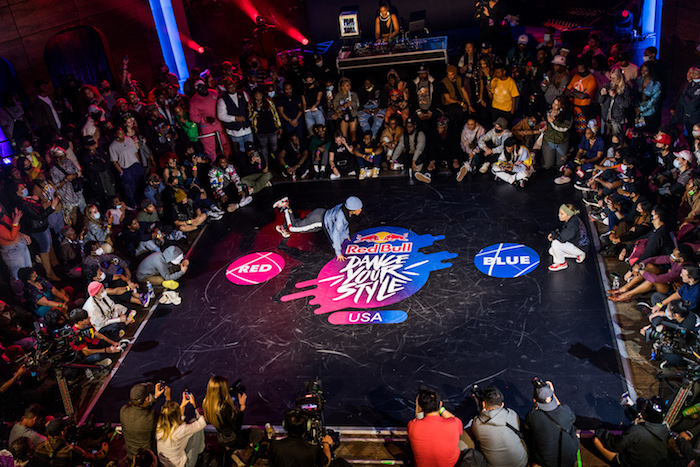
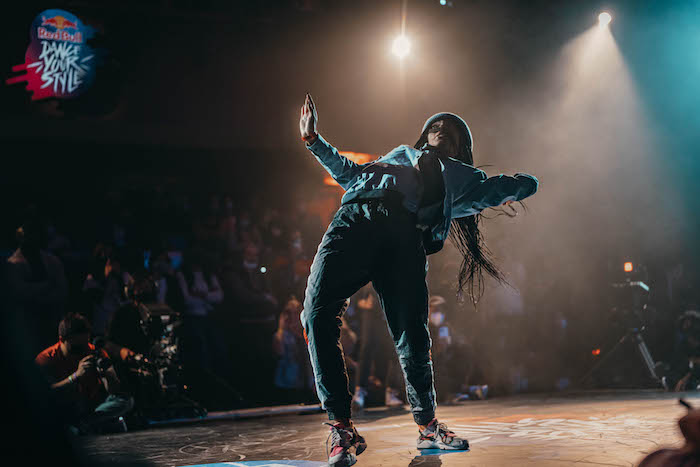
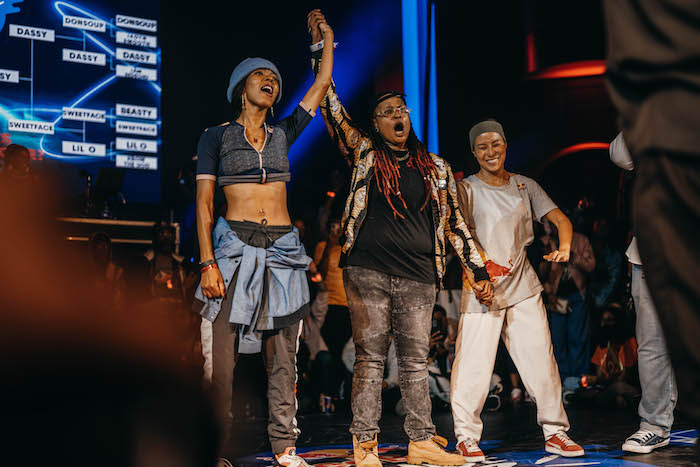
How has the art of dancing helped you grow as a person?
I would say through dance, I understood what romantic love is. I don't know if that sounds crazy or it might sound strange for some people. But, I always loved my family. I've always loved my friends, you know. But I asked myself, could I see myself doing anything else other than dance? And the answer was no. I asked myself why, and it was because of the way that it felt — I was willing to do whatever it took; I made so many sacrifices for it and am willing to make more sacrifices if I need to. And it kind of taught me that that's what love is. Love is sacrificing and putting one's needs over your own. At the time, I only knew how to do that when it came to my family or friends, but I feel like dance definitely showed me a lot when it comes to other parts of my life. Parts that don't have anything to do with dance. It taught me how to open up and be more confident in myself. It taught me how to stand up for people. It taught me how to try to be my best in everything that I do, whether it be dance or not.
Why is it important to you to share your art with the world?
The reason why it's so important to me — it's so funny — because I feel like I've realized why it's so important to me through other people. I remember a doctor coming up to me; I even remember an engineer coming up to me once and telling me that they were inspired [by me] to push harder in their careers. Now these are not dancers at all, but the fact that they felt a strong passion for what I do, and then they want to take that into their passion, was all I needed to know. It made me want to continue and keep going. That recycled gratitude. I feel grateful and it helps me realize that dance is so big. You can inspire so many people and they've inspired me too.
What has been your most cathartic performance to date, if you can think of one?
I'm not sure about one in particular. I feel like I might be building one, potentially, like a theater piece. But I kind of tell people, indirectly or directly — whether that be through movement or verbally — anytime I can help people understand that no matter what they've been through, they don't have to stay there — that is fulfilling for me. It's not easy. Even I have moments where I'm like, 'Don't stand in your own way' or 'Don't allow things that have happened to you to control your future.' That's the same thing that I want to do for people, to let them know that we are not chained to our past. Anytime I'm able to do that, that would probably be my highlight.
Do you practice any other forms of self-expression aside from dance?
Yes, I own a fashion line, so I'm creating clothing. Anything that involves working with my hands. My mom kind of raised me to work with my hands and I feel like I'm able to release a lot through that. I have a lot of thoughts in my mind, so to be able to see those things come into place through using my hands definitely helps me. So whether it be planting a garden or having a clothing line — just creating. I've been getting into filming recently. I've been getting into short films, so kind of trying to make my imagination into a reality.
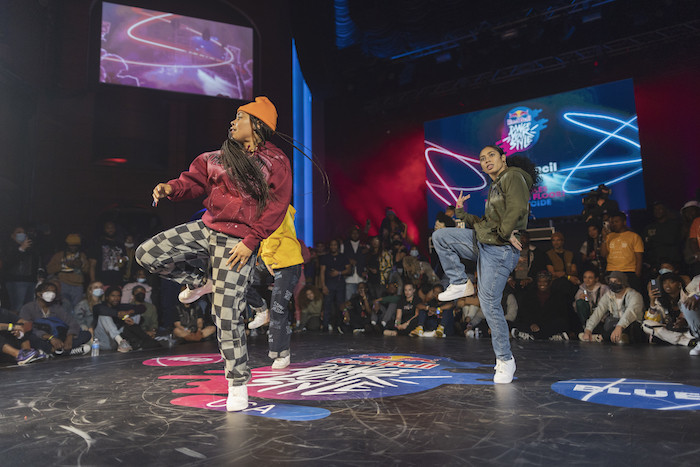
office caught up with two incredibly talented dancers, Dassy Lee and Tomoe Carr — also known as Beasty — ahead of the competition, where we discussed their dance origins, personal styles, and more.
How did you get into dancing?
Dassy — I got into dancing when I was eight or nine years old. I'm from South Korea. I think a lot of people my age, that dance, started from just watching TV and singers dancing and following that. I would collect my friends to dance together and that's how I got into it. A few years later, there was a school program in junior high school that I joined and then from there, I got seriously into it.
Beasty — My parents are dancers. They had me dancing since I was already in my mom's belly. My dad, right now, he's mainly a house dancer. My mom was hopping around popping and breaking, but she's more into hustle and salsa right now. Hip hop is my main base, I would say. They actually had a studio in Japan and that's where I started to dance. I was born in New York then I moved to Japan when I was about three and lived there for 10 years.
What kinds of things did you watch or see that influenced you to pursue dance?
D — TV shows, definitely. So You Think You Can Dance was super influential. A lot of music videos — obviously Korean pop music videos were big as well.
B — A lot of the hip-hop groups that I get inspiration from are from Japan.
How are you feeling about the competition this weekend?
D — Actually, I was in Miami for another competition last weekend so I didn't really get a chance to rest. So I kind of want to not think too much. I just want to have fun — same as Miami — have a smile, bring the good energy and have fun with my friends. That's all I need.
B — I'm nervous but I'm excited. I'm ready. I've got a lot of energy, so I'm ready to just release tonight. Hopefully, I can make it far.
So would you say good energy is what gets you in the right headspace? Do you have any other particular ritual or something that you do to get you ready for a performance?
D — Since I've been dancing, I always have this time where I pray to my dad. My dad passed away when I was one year old. So I definitely take time to pray to my dad that I just want to have fun and 'Please keep me safe.'
B — Yeah, I'll meditate if I get the chance to. That re-centering definitely helps.
Aside from pre-performance rituals, I feel like another way that a lot of dancers prepare for a performance is by taking time to get yourself ready and picking what you'll wear and all that. If you had to describe your sense of style in three words, what would you say?
D — Simple, comfortable, unique.
B — Fun, energetic, groovy.
Do you think dancing has influenced your personal fashion sense?
D — I feel like I definitely get inspiration from a lot of other dancers, but at the same time, I know what kind of clothes I look better in. My body's really small so I like to wear high-waisted pants. I think over time I just found my style — it's really comfortable; I don't like too much stuff on my body. Otherwise, I'm going to get distracted when I'm dancing. So I like to go really, really simple, and unique in that I have my own distinct style. I always tie my hair really tight and that kind of became my trademark.
B — I think I have this confidence that I carry when I walk around and that also reflects in how I dress as well. That's just me being comfortable in my own skin. I also like to wear baggy clothes, kind of 90s-inspired. It gives off that vibe, you know, that kind of fly vibe. So I always liked that. TLC — I love them. So I was definitely inspired by them. The skirt overall — that was my thing. That and Jordans.
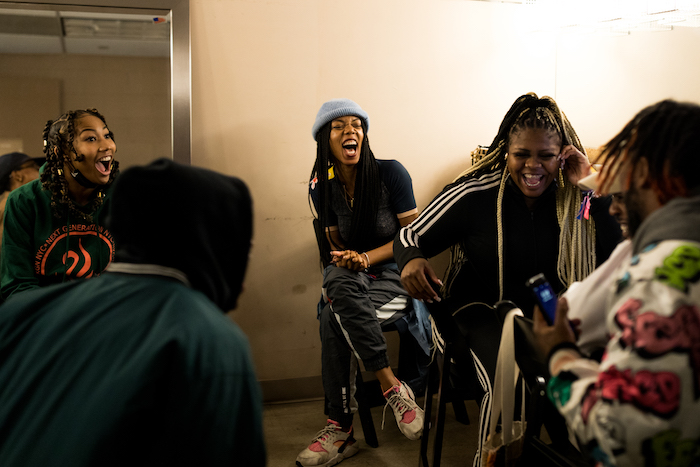
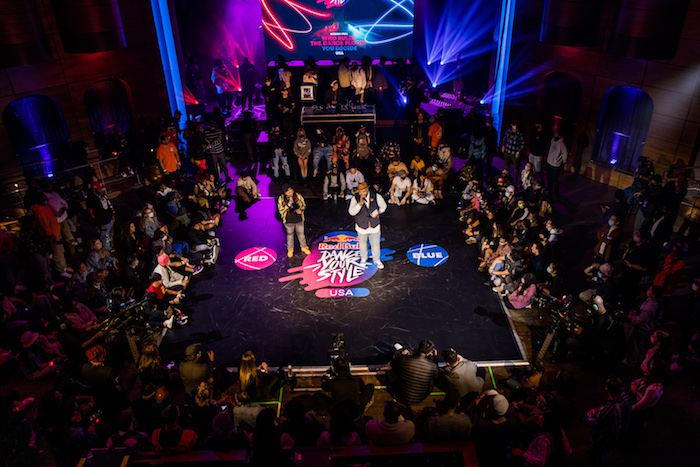
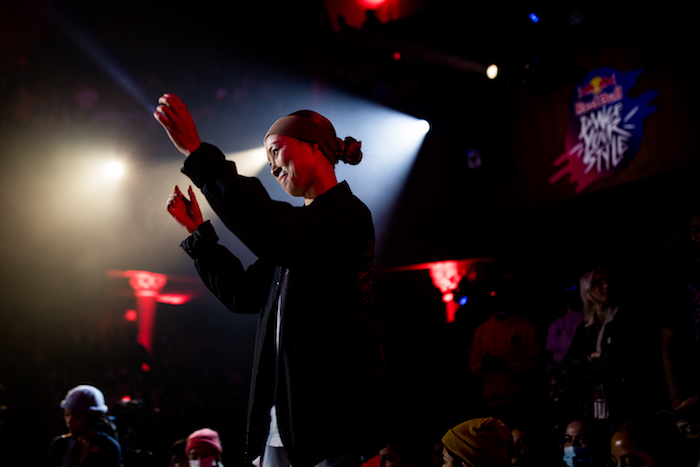
I want to touch on the beauty aspect too. Do you do any special makeup looks or also just something simple?
D — For makeup, I always do a dark eye, and then my hair is always in a sleek look.
B — I try to keep it simple for sure, especially because I don't like to grab attention too much. So I think it's easier for me to just keep my face simple and then maybe show a little more through my clothes.
So, Dassy, you're in a dance trio called "Femme Fatale." Do you guys coordinate outfits or do you think you all have really different tastes?
D — We coordinate together, but we all have different backgrounds. One member of our group is from France and another is from Mexico. So we are [all] not from the US, and we just want to empower all different looks and all skin through different types of dance clothing. We definitely love feminine style and we work with that. Our dancing style is actually really masculine, which is popping. We wanted to find something that was very different and own it. We love to bring something classy and simple. Sometimes we go with things that are even almost couture.
Can you think of one favorite outfit that Femme Fatale has all worn together?
D — Definitely one was a green jumpsuit. We wore those when we performed at the VIBE competition. The other was a men's suit. We wore those but then when we took them off we had smaller tops underneath.
Are there a lot of other females who dance in that style, or is it still kind of a rare thing?
D — Street dance, in general — it's very male-dominated. Men used to dance to 'get the girls.' There are definitely a lot of dope female dancers, but it's way less than the males. Especially [the] popping style, you're using your muscle to make the effect. So for women, who may have less muscle, it is harder than other styles. But at the same time, I've been doing it for a while. I don't want street dance to be divided by gender. I just want to do my best to empower all the ladies to do the same.
And Beasty, I saw that you also recently performed with Alicia Keys at the VMA’s; do you have a favorite outfit from a certain performance as well?
B — They had us all in blue flowy dresses at the VMA's, but normally I'm in sweats and a t-shirt. I kind of go with that all the time. I'm just there to focus and be comfortable and ready to go.
Do you both think that as your dance style has evolved, your fashion sense has evolved with it over time?
D — I think so. I feel like when I was studying dance in South Korea, I was wearing only baggy clothes. In America, people wear whatever they want. In Korea, especially for poppers, they only like to wear bigger clothes. They are scared to wear something more feminine because then people probably would judge it from there that, 'Oh, that's not popping.' So for me, I personally love the way it is right now in America because everybody has their own choice. I'm still wearing baggy clothes, but when I moved to America, I started embracing more of my femininity and then I started wearing more skin-revealing clothes and dancing in that. Actually from there, I started putting more fun things on my body and I think as I mature as a woman, I am trying more diverse styles.
B — I feel like a lot of fashion inspo comes from hip hop. I do go back to old trends sometimes, like recently I figured out that actually I like low-waisted pants better than high-waisted pants just because of my body shape.
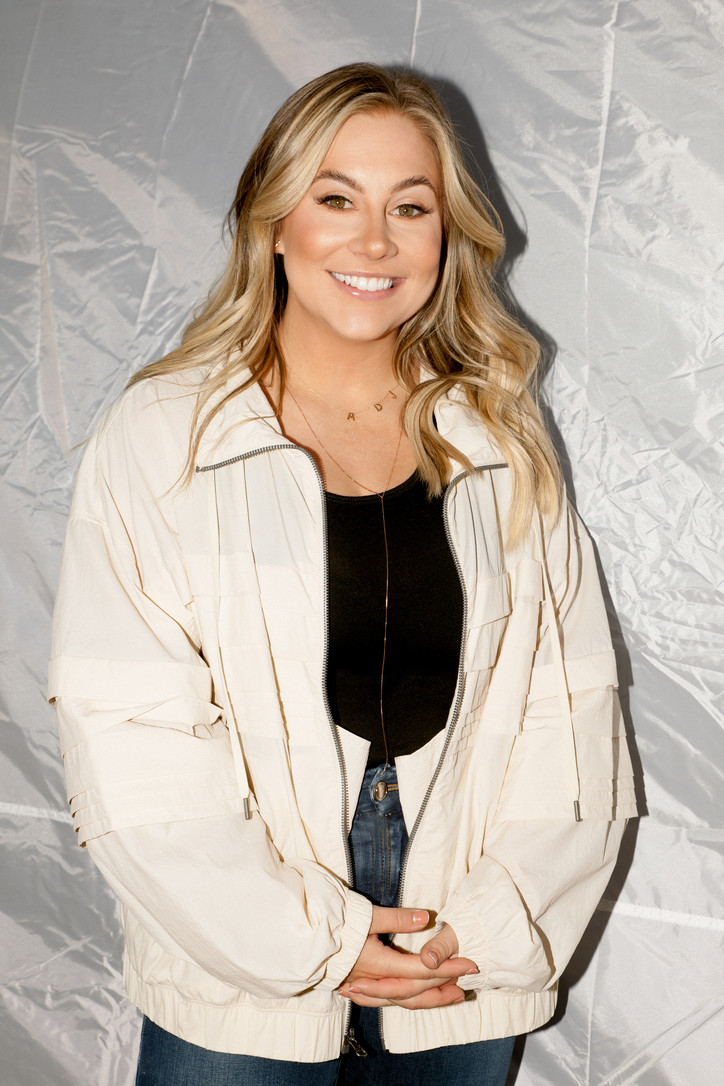
We caught up with Shawn prior to the event to get her thoughts on the night.
How do you feel about judging today? What will you be looking for?
I’m very excited but also very terrified. I will be looking for impressive stuff which I’m sure every single one of the athletes will have but by the end of it be able to see a comparison from each.
Have you slacked line before? I’ve been told by a slack liner that they joke that it’s so tricky not even an Olympic Gymnast could balance up there.
No I haven’t, I think I’ve tried it at a toddler’s gym once but never something 30 ft up in the air. And yes I think they are right - I actually had someone tell me “oh this is so similar to what you do on the balance beam” and I was like “no no, a balance beam doesn’t move” so this is a whole different level.
What segment are you most excited for?
I think the one trick is going to be really cool. Just to see them come out and attempt their most impressive trick is going to be really fun.
Could you see this in the Olympics?
For sure! I would love to see this in the Olympics.
Do you see it far away?
I feel like any sport that is unique enough on its own is worthy of being in the Olympics. I don’t see it far away either, I know skateboarding took a few cycles to get in but I think its an ever changing sports world and it should be in it for the next one.
Being here in person and looking up at how high this rope is from the ground makes me think about what must be going through the athletes heads. What’s your advice to overcoming fear and nerves?
Just don’t think about it til it’s over. The only way to handle nerves is to be in denial until it’s done.
View the scenes from the night below.
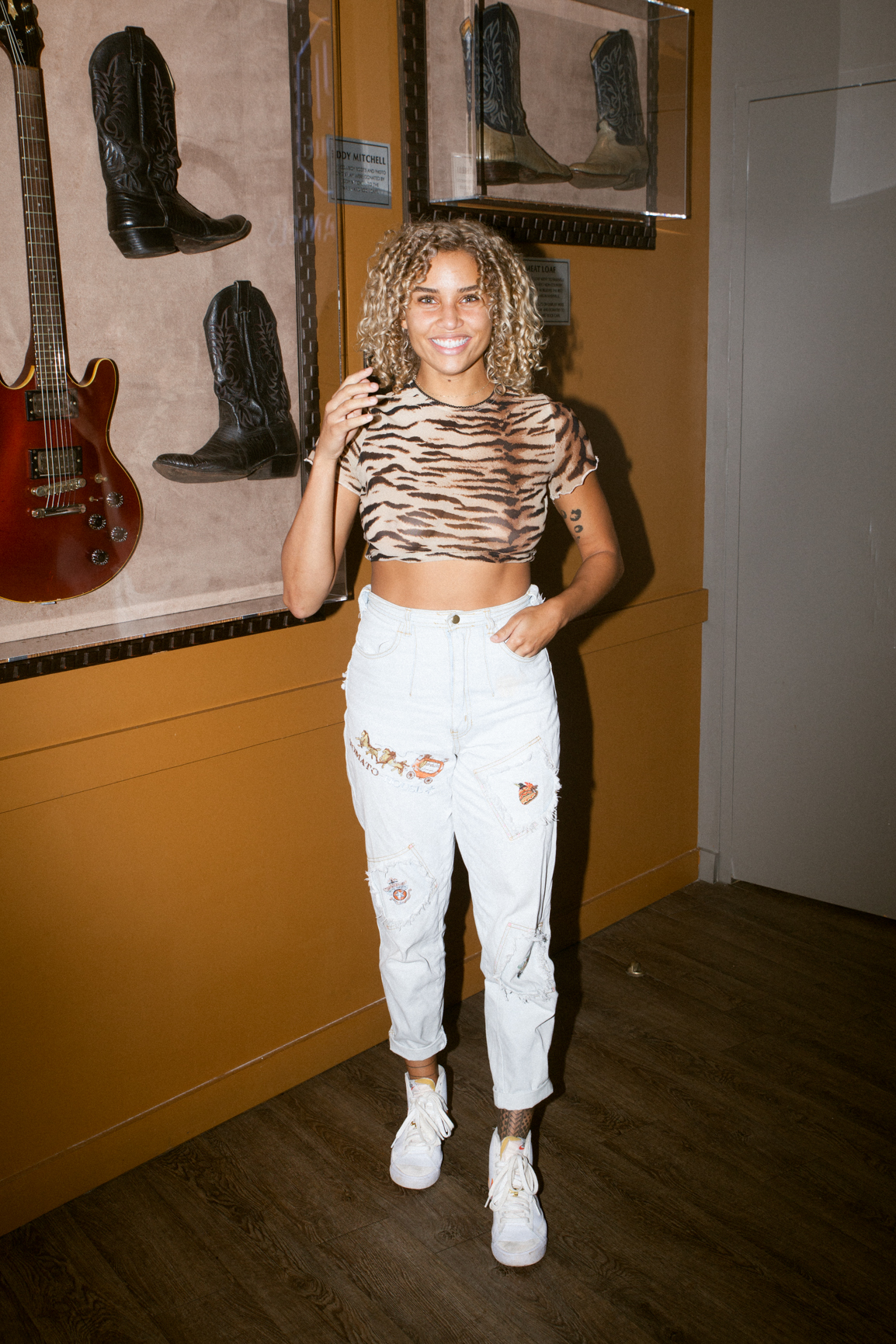
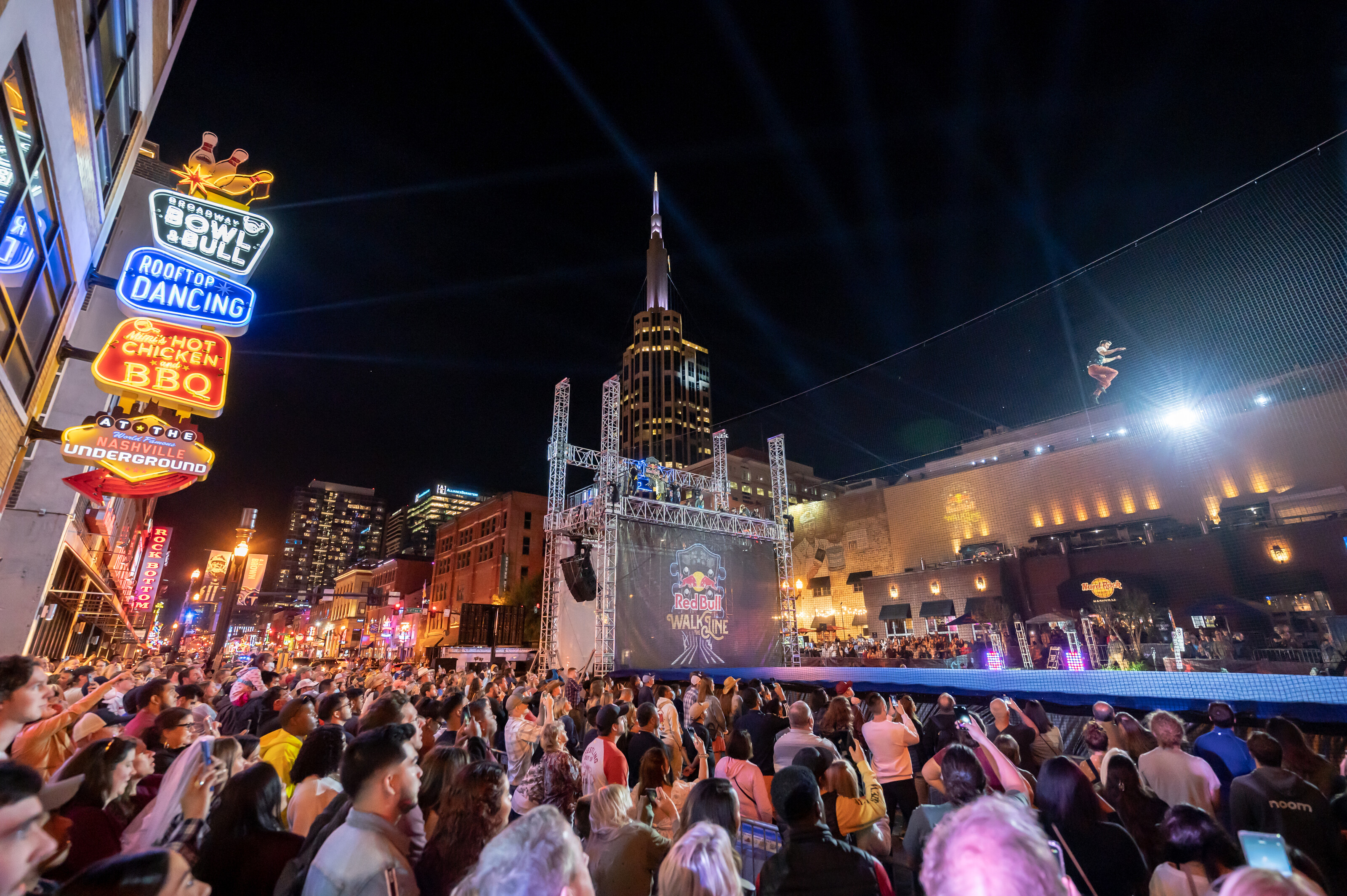
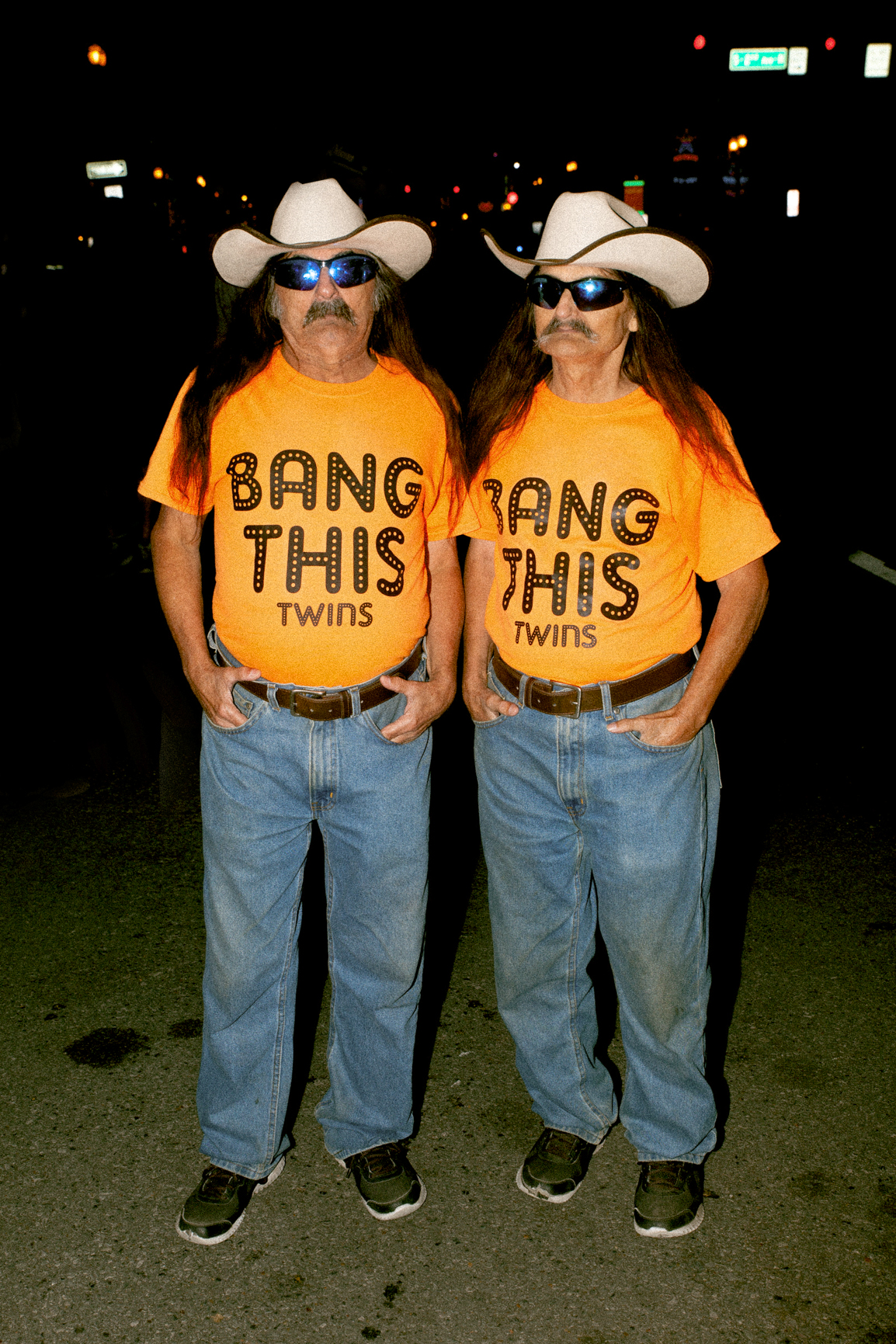
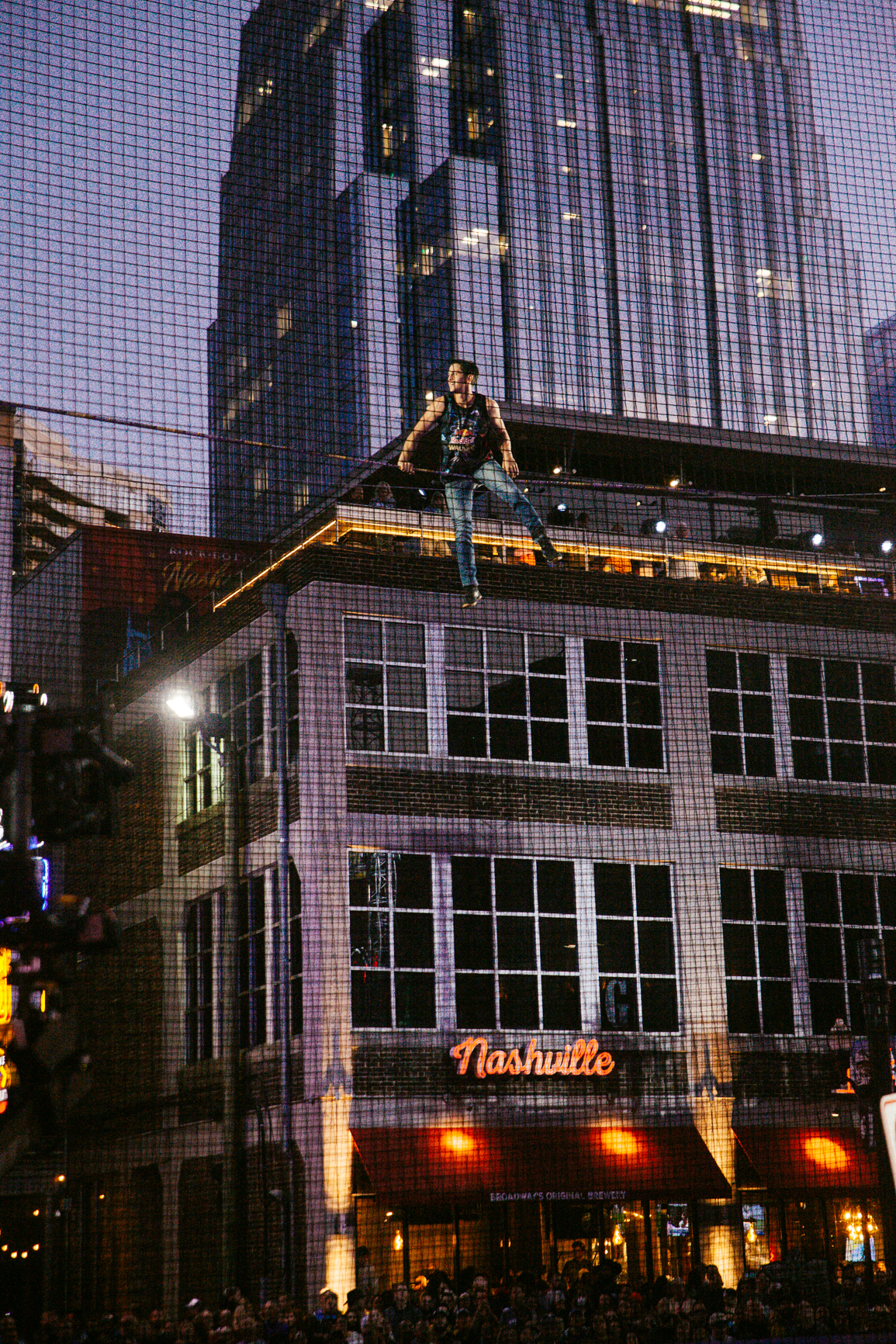
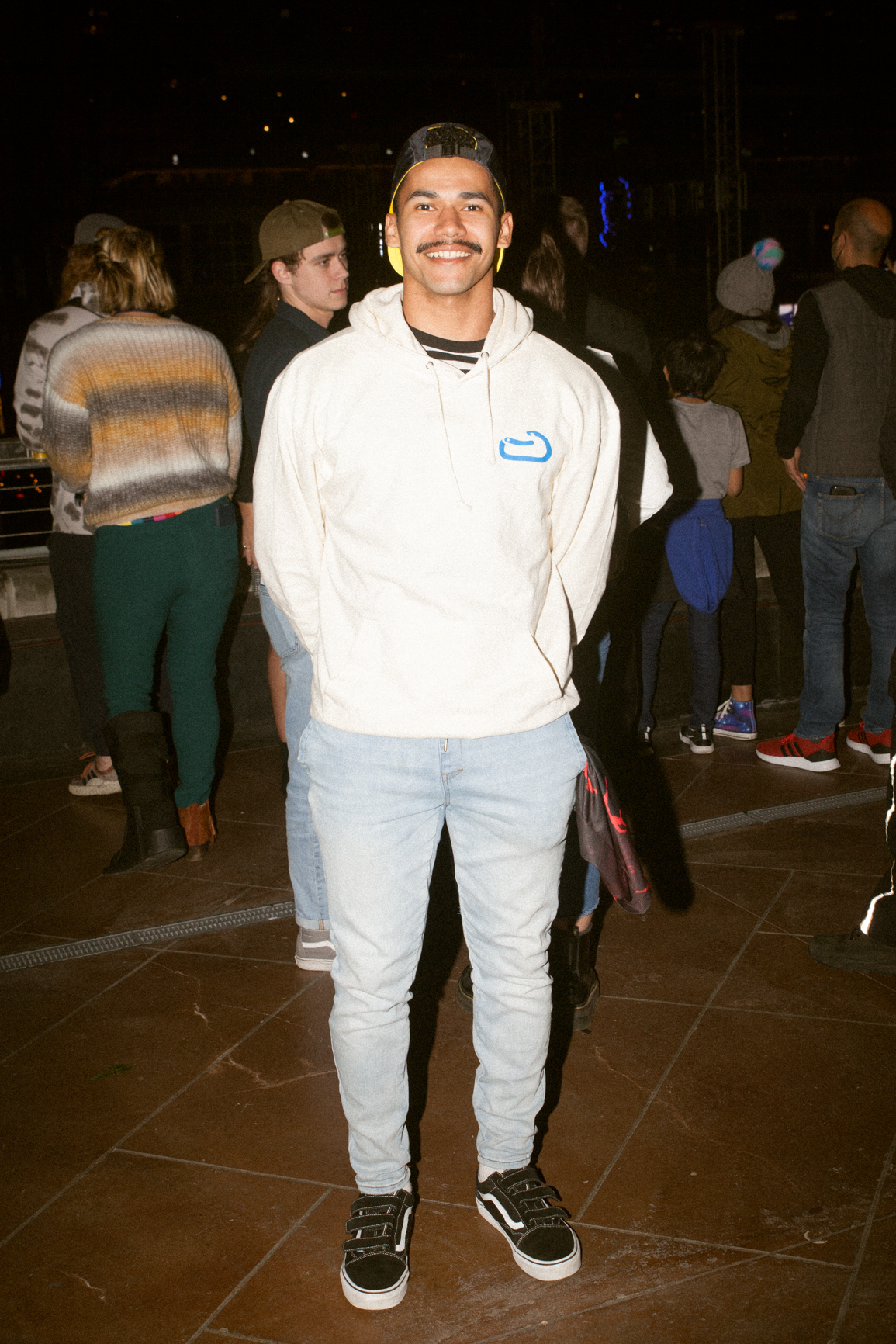
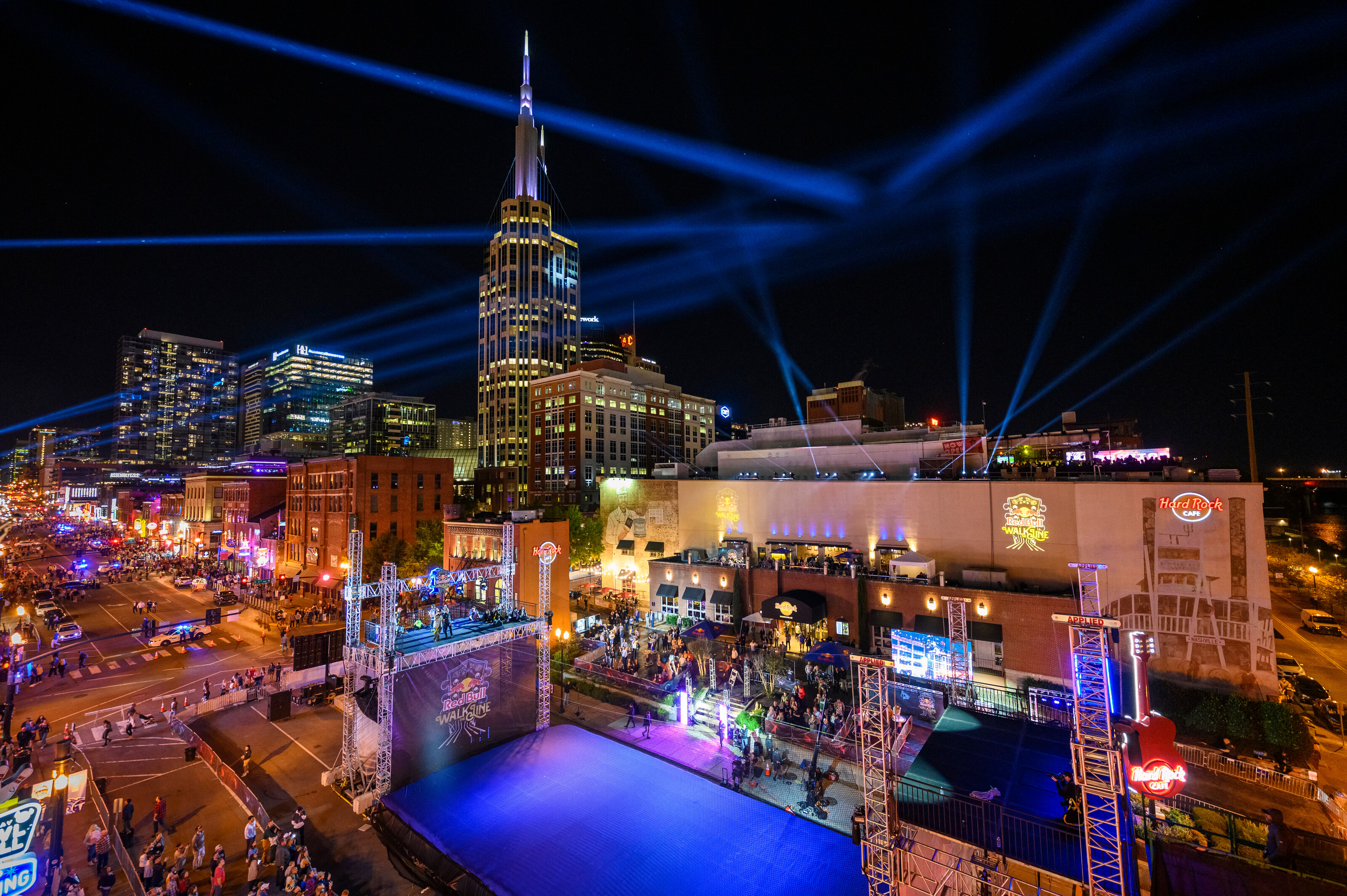
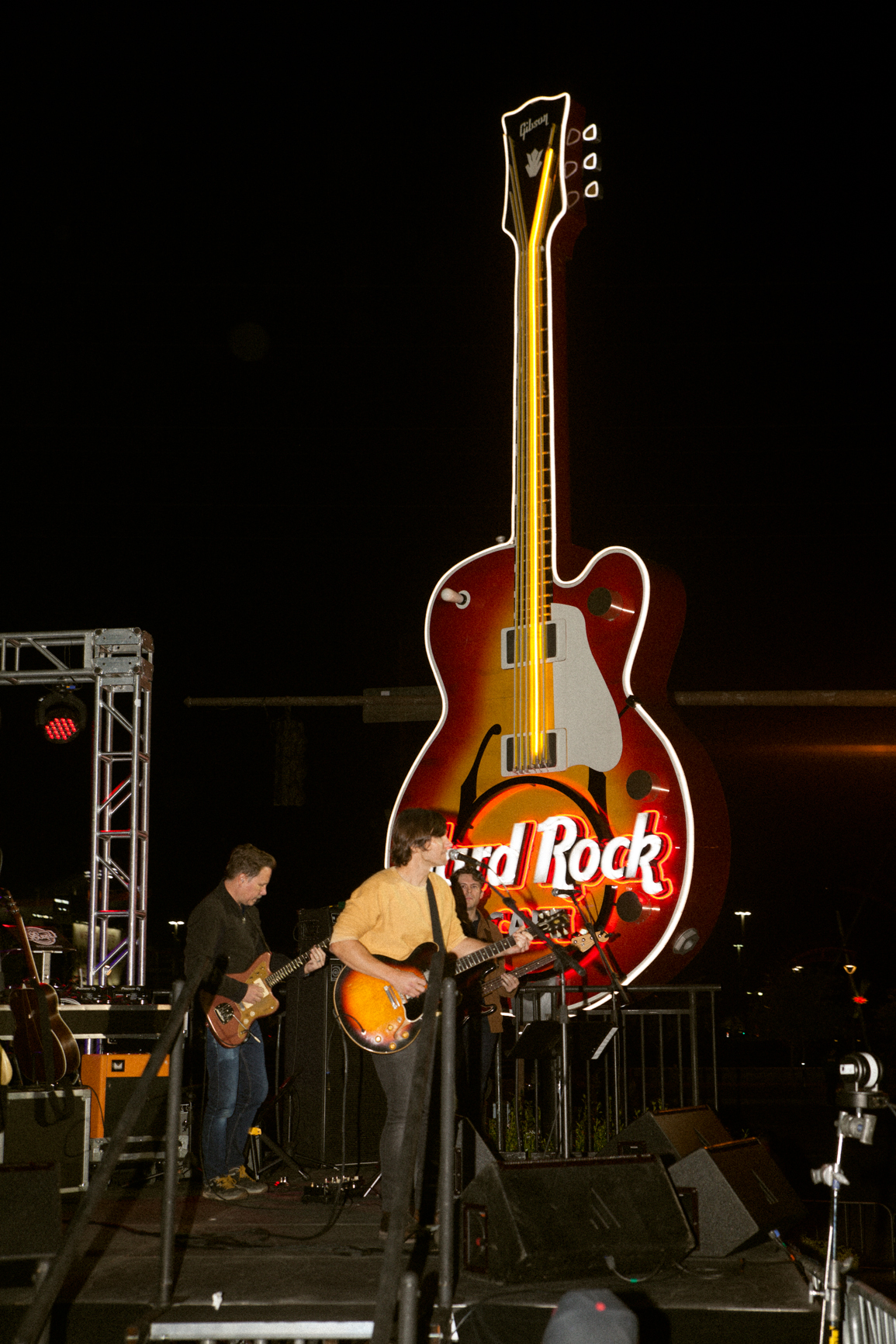
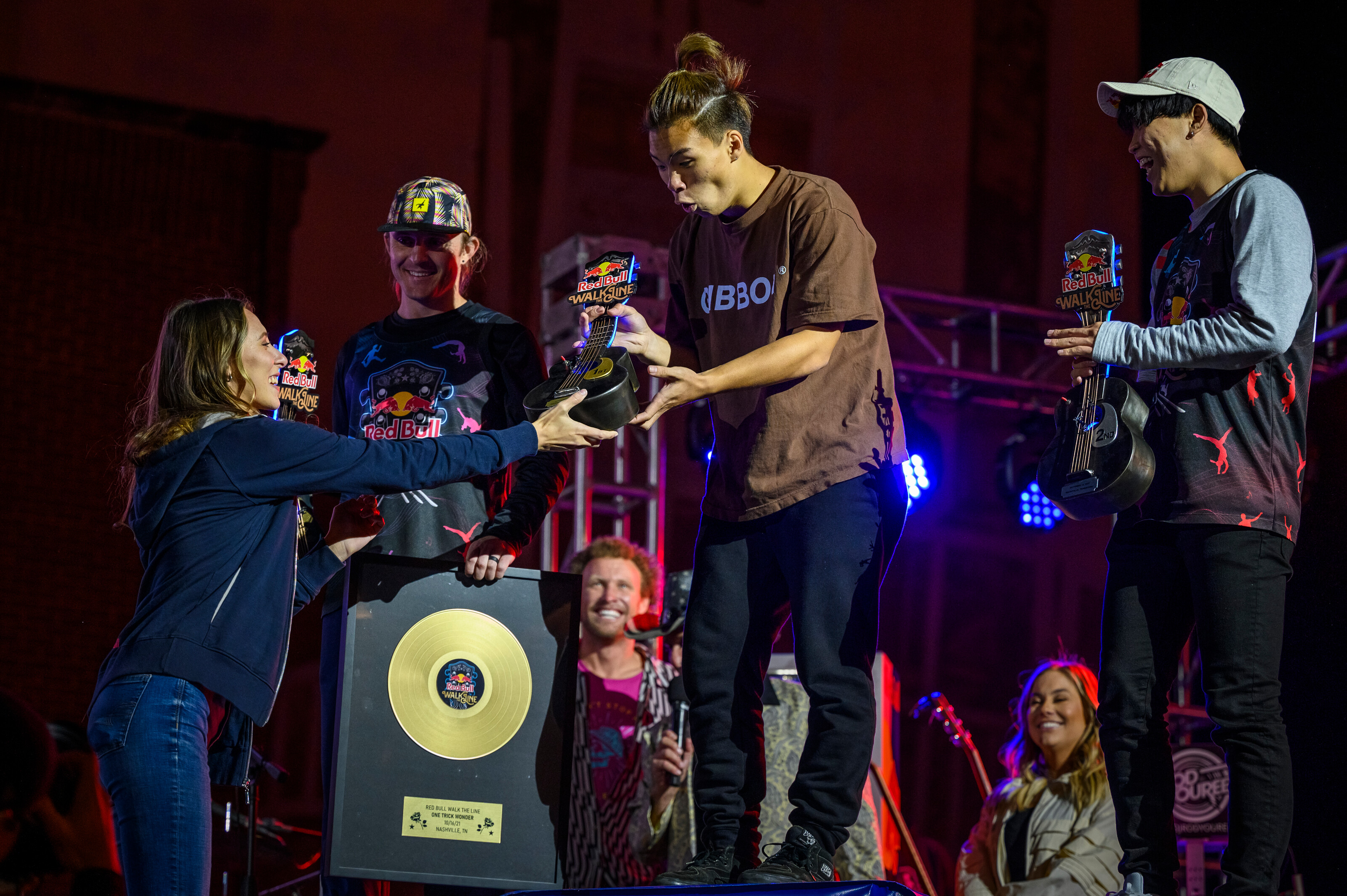
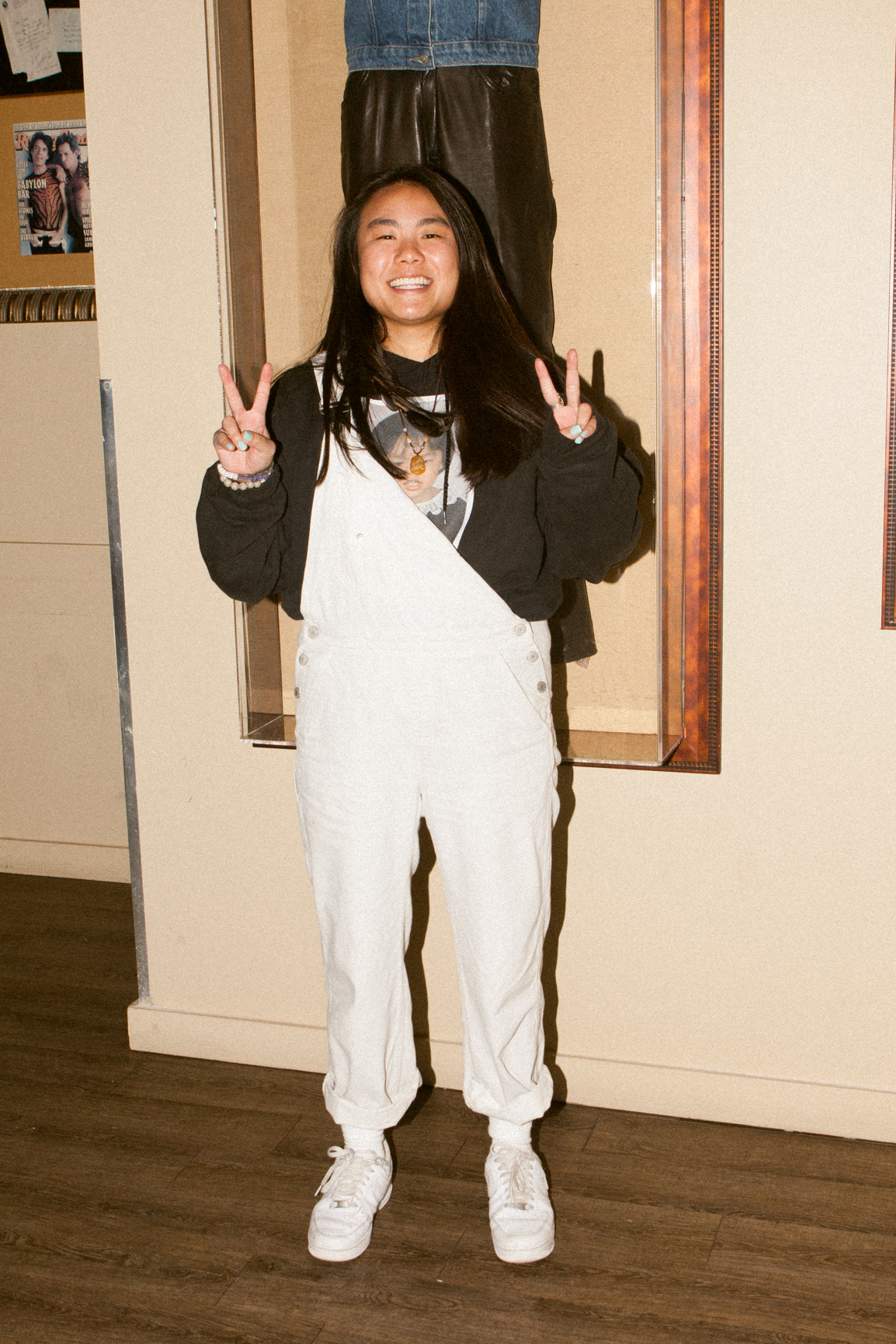
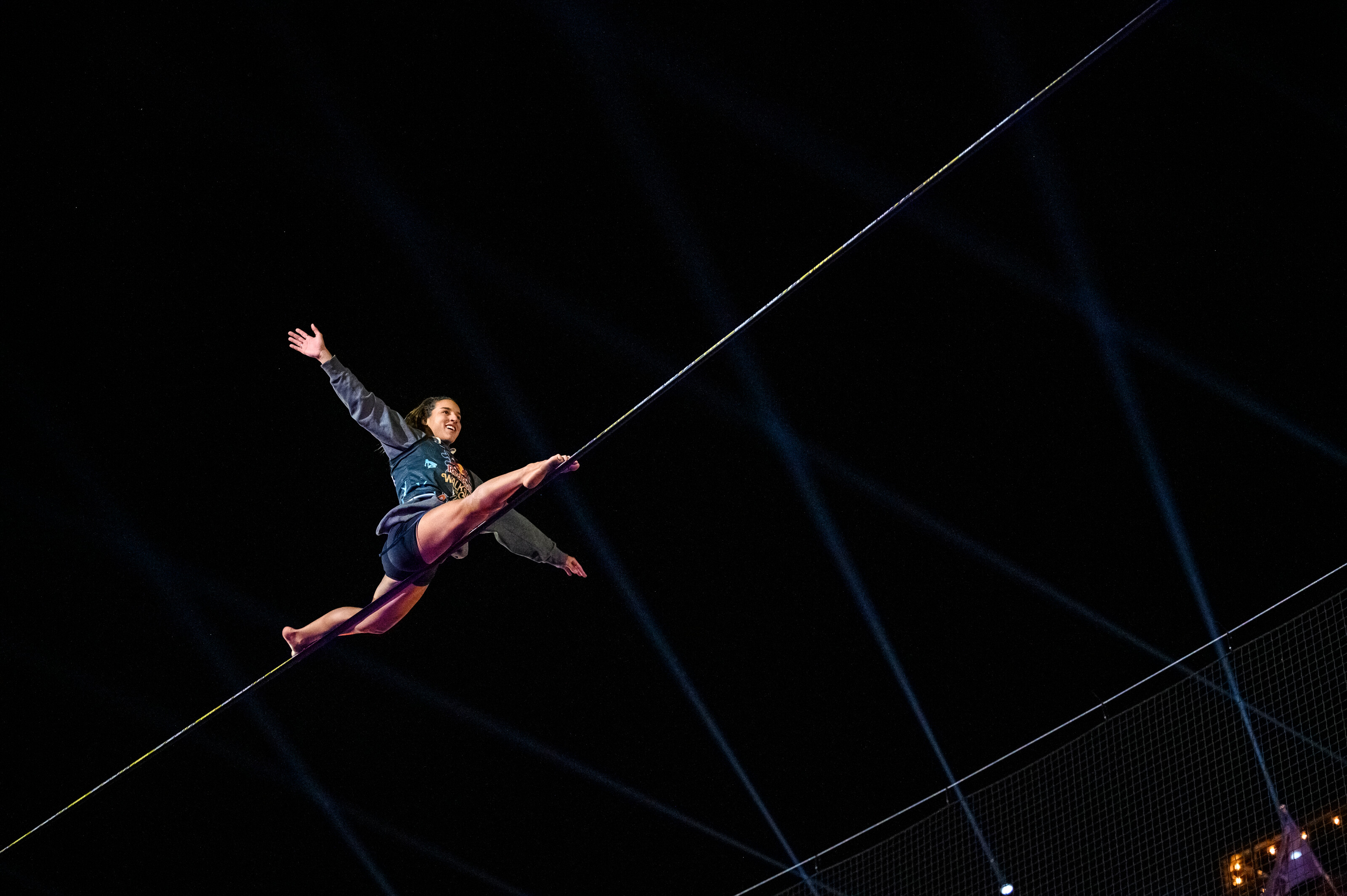
In other Red Bull news, keep an eye out for Red Bull Basement. As it aims to empower this generation of changemakers around the globe to make the world a better place, inspiring them to hone their skills and ambitions using the newest technology. For four years now, Red Bull Basement has been the jumping-off point for numerous young innovators, many of whom have taken their ideas to the world stage.
University students currently enrolled in college, aged 19 or older, were able to apply for Red Bull Basement by visiting the website and uploading a video that precisely and succinctly describes their team idea. Based on creativity, workability, and foreseeable impact, judges will select the finalists, and announce one team to represent the U.S. on November 2. The finalist will then have five weeks to develop their ideas with resources, including an international mentorship program provided by Red Bull Basement - before sharing final ideas in the global final taking place from December 13-15 in Istanbul, Turkey.